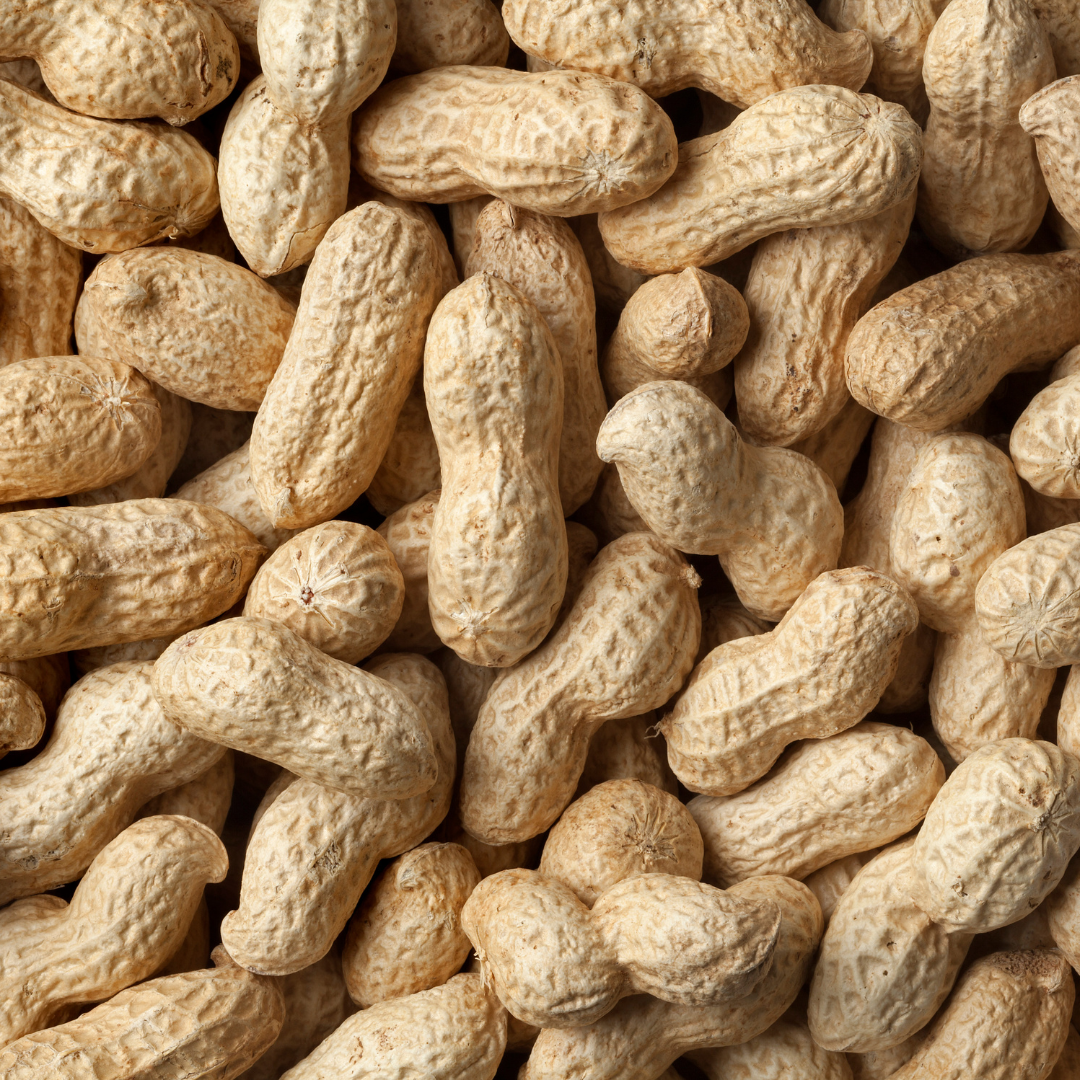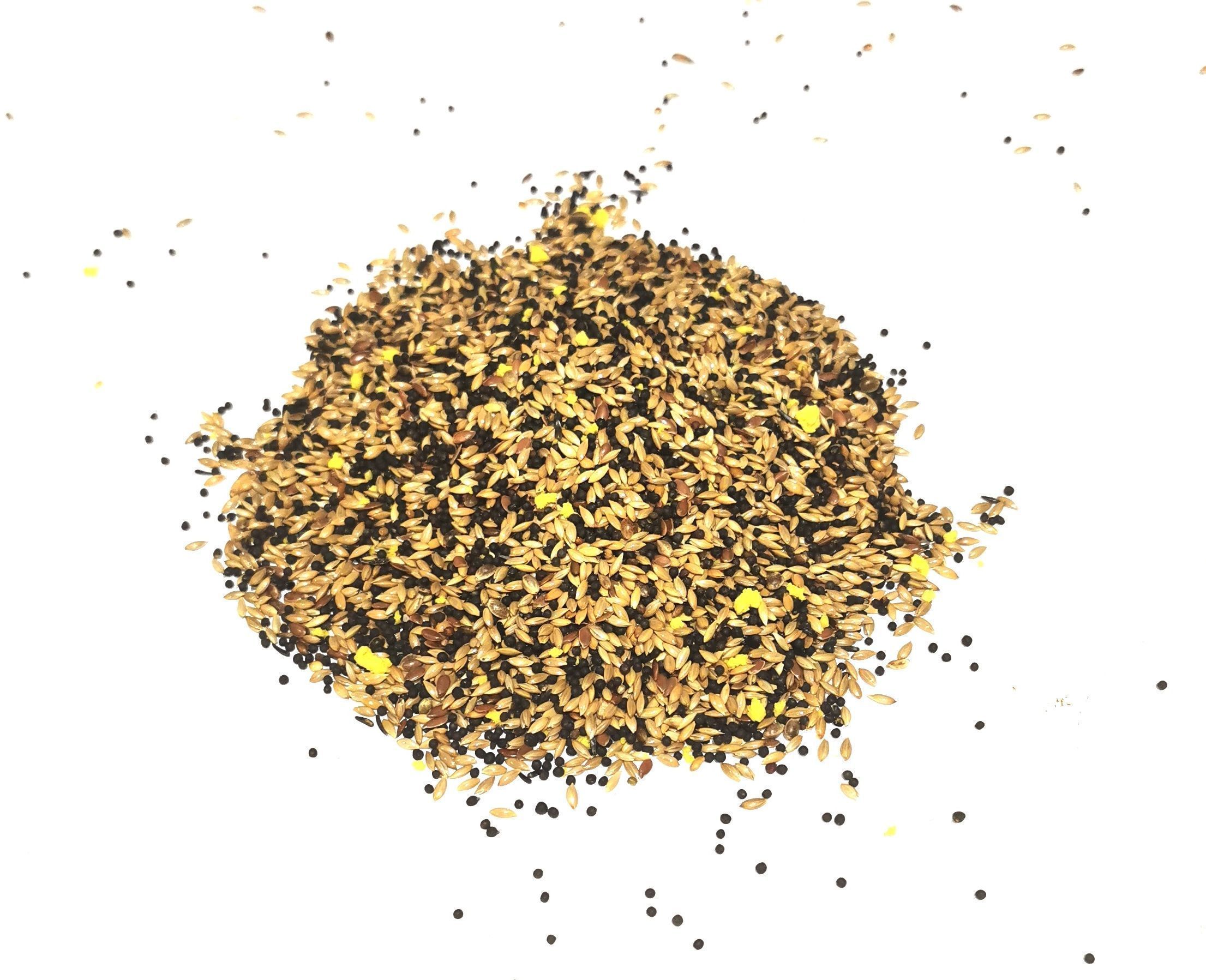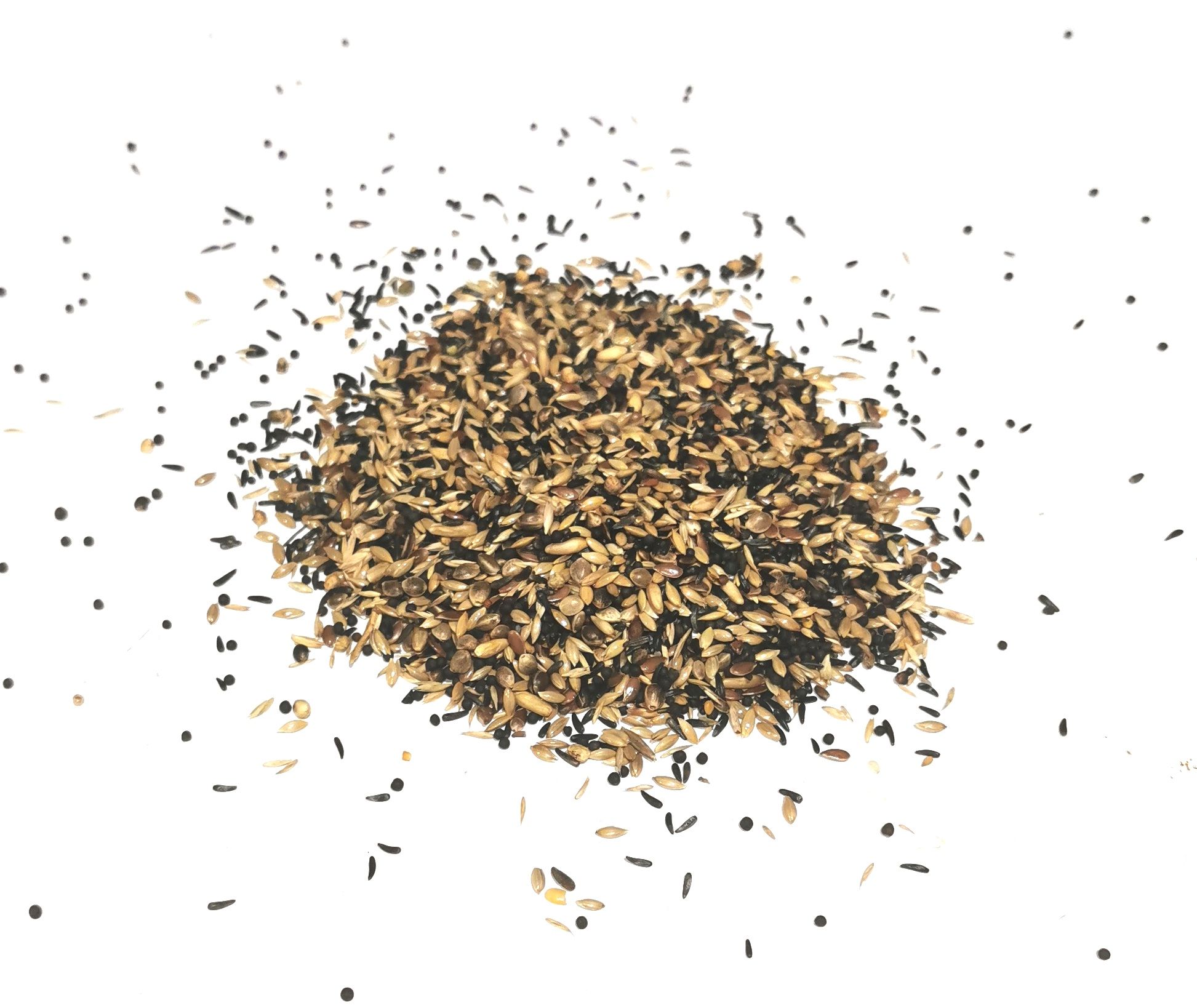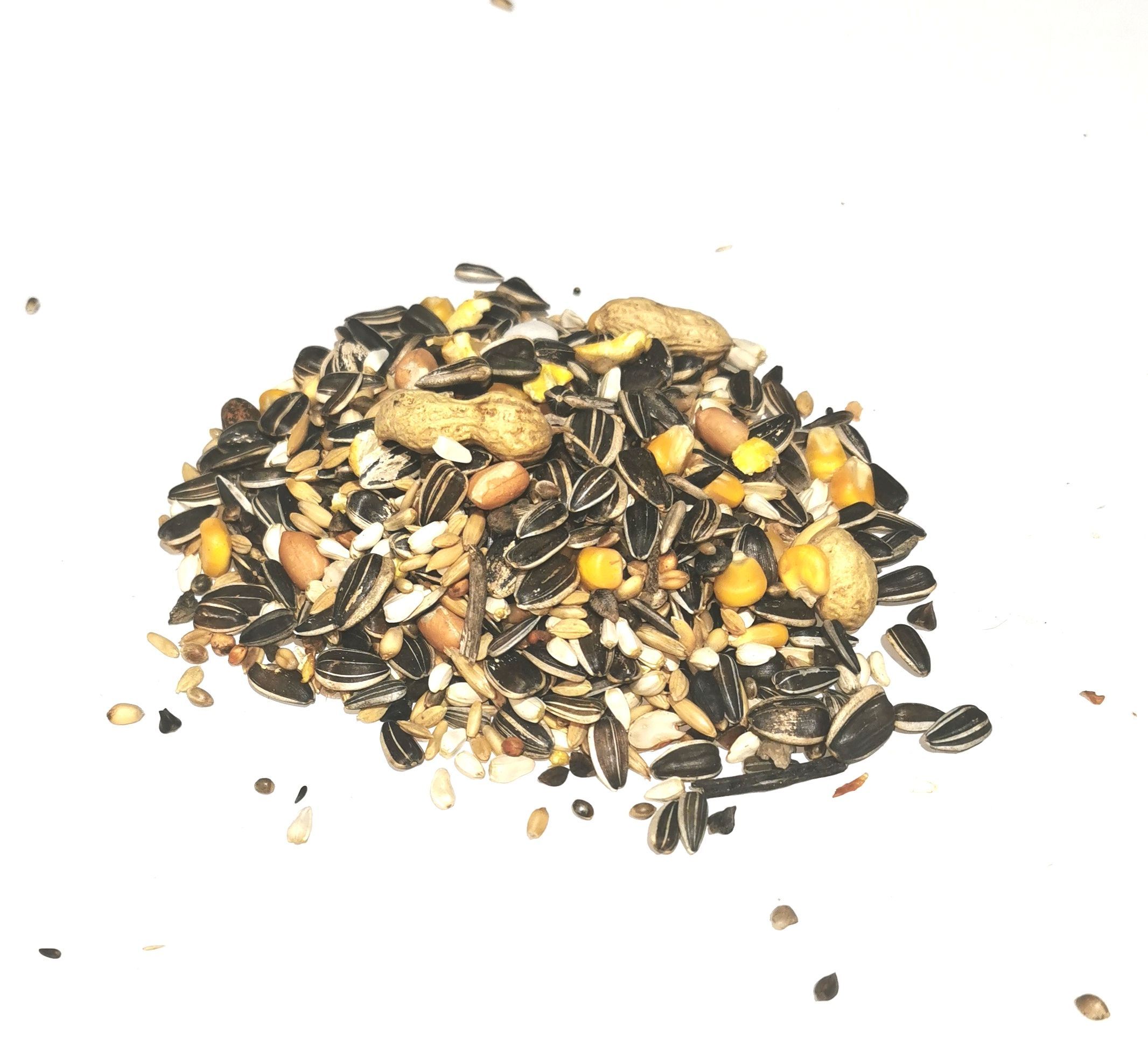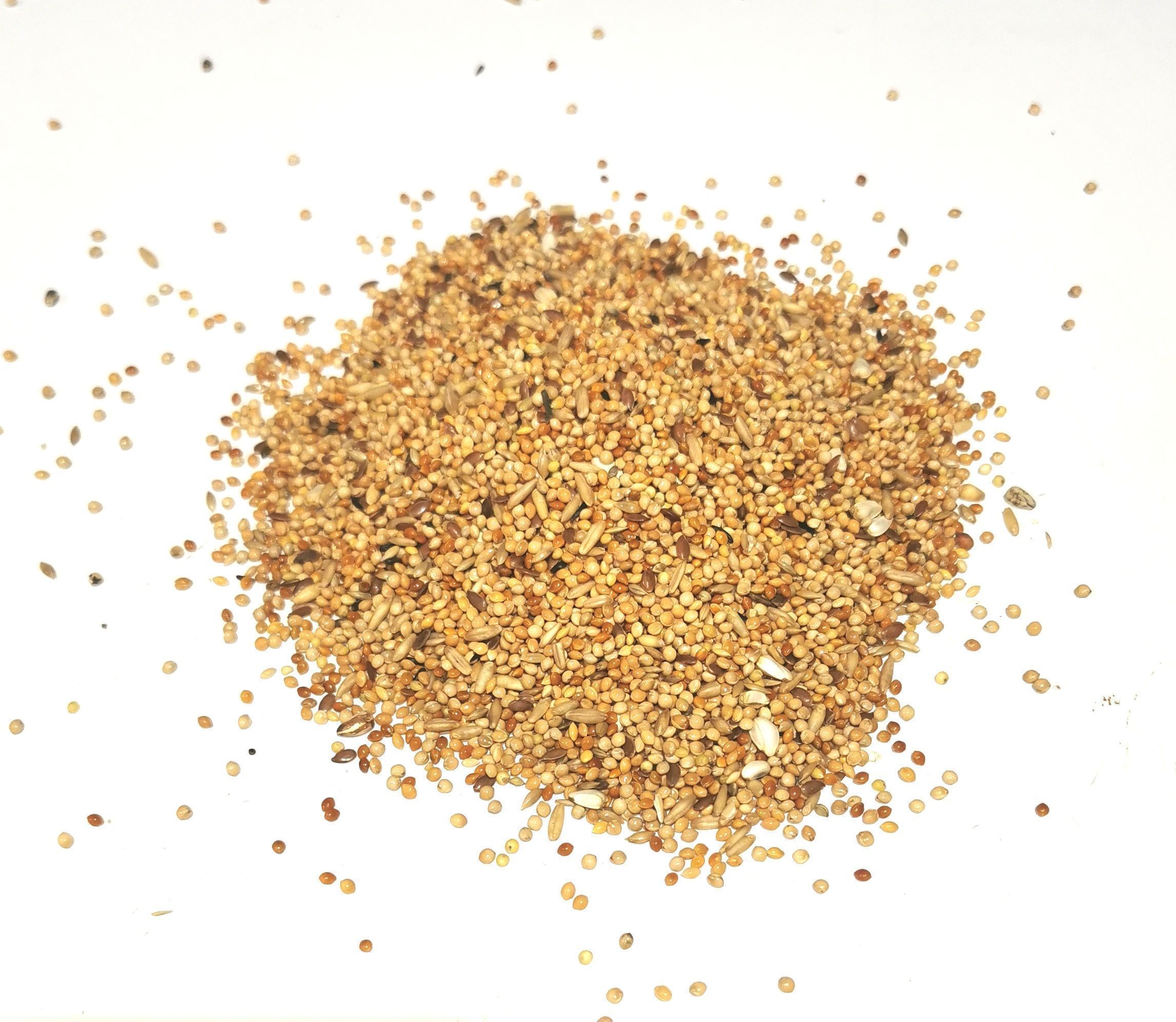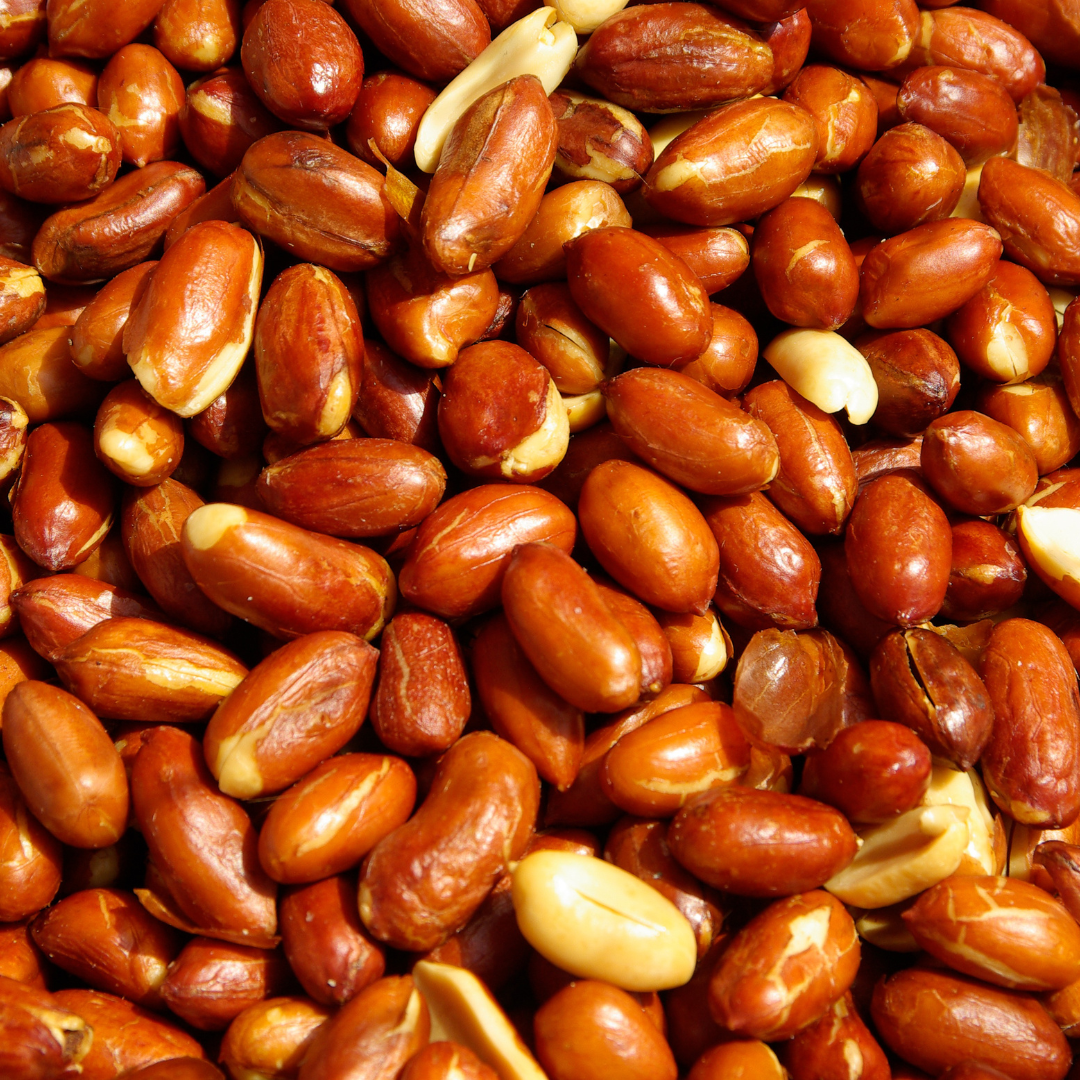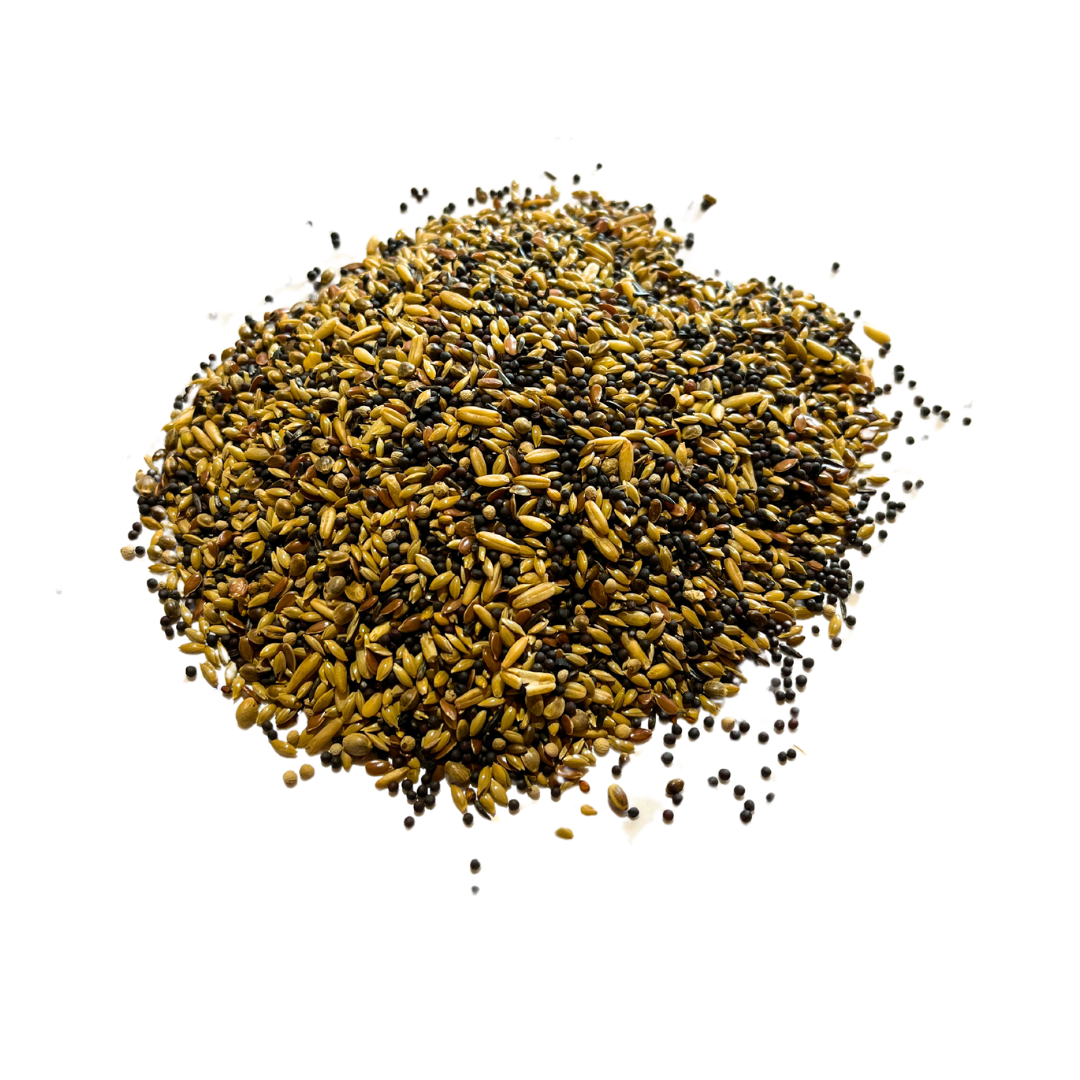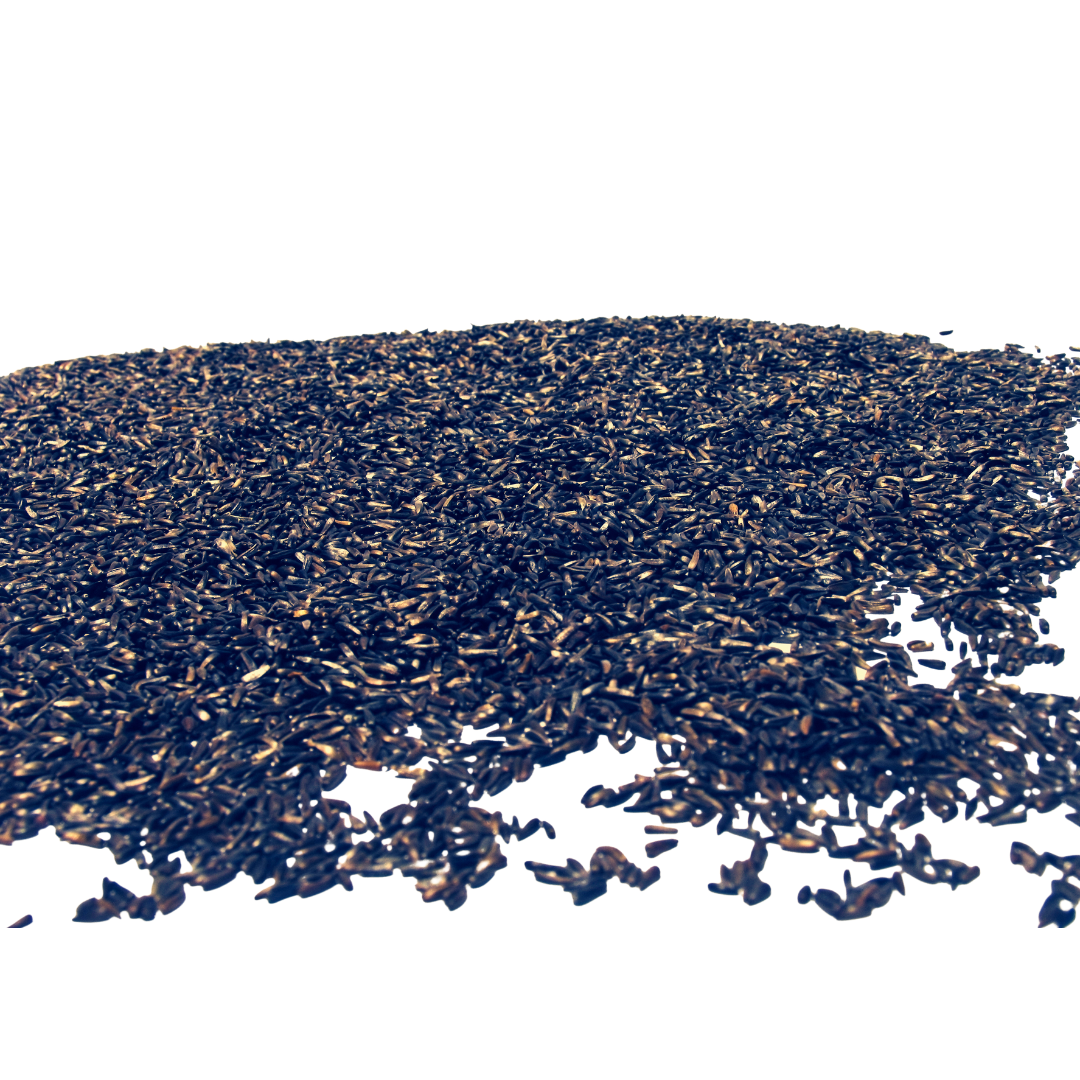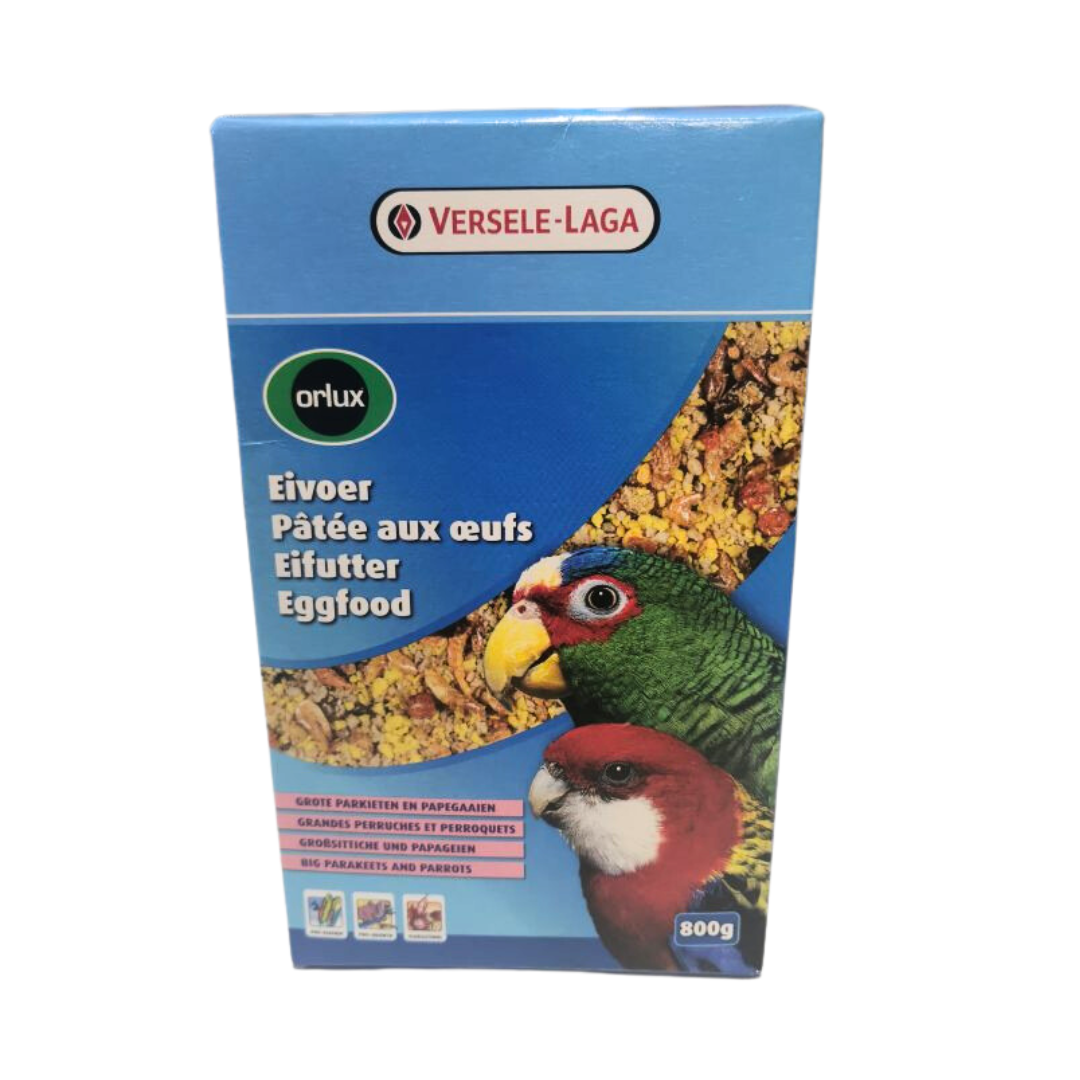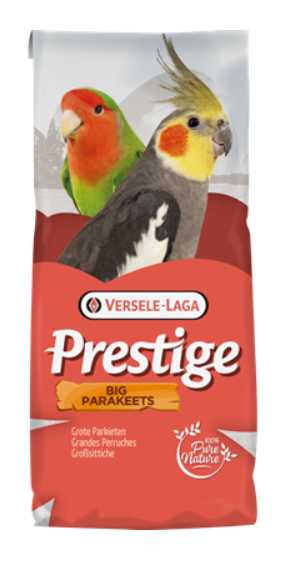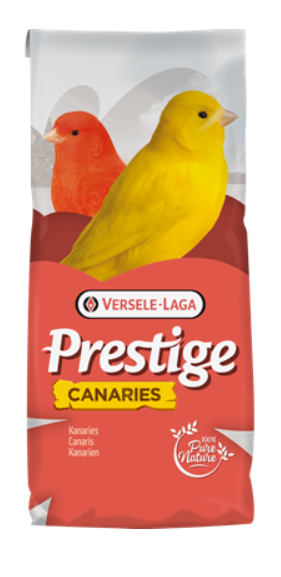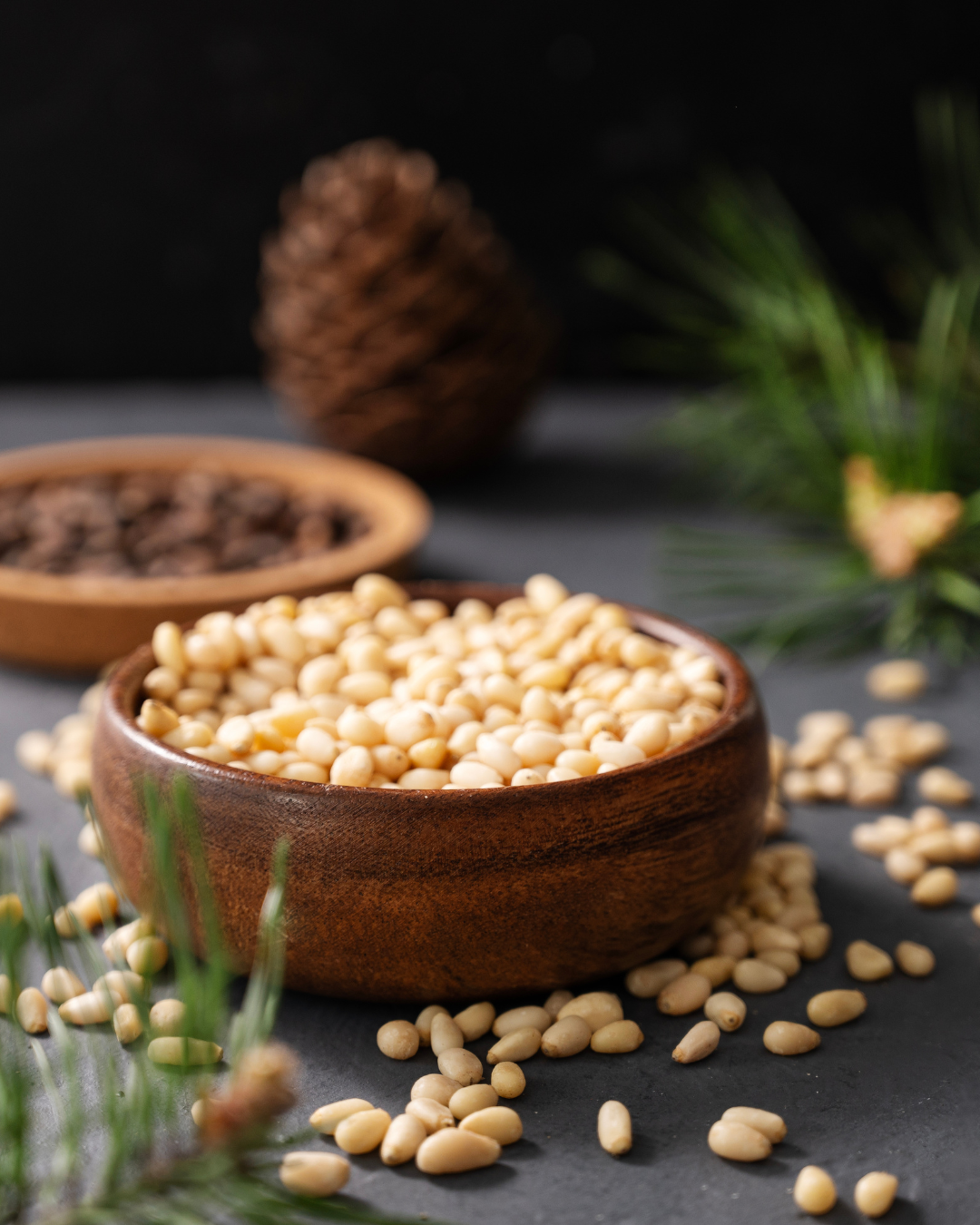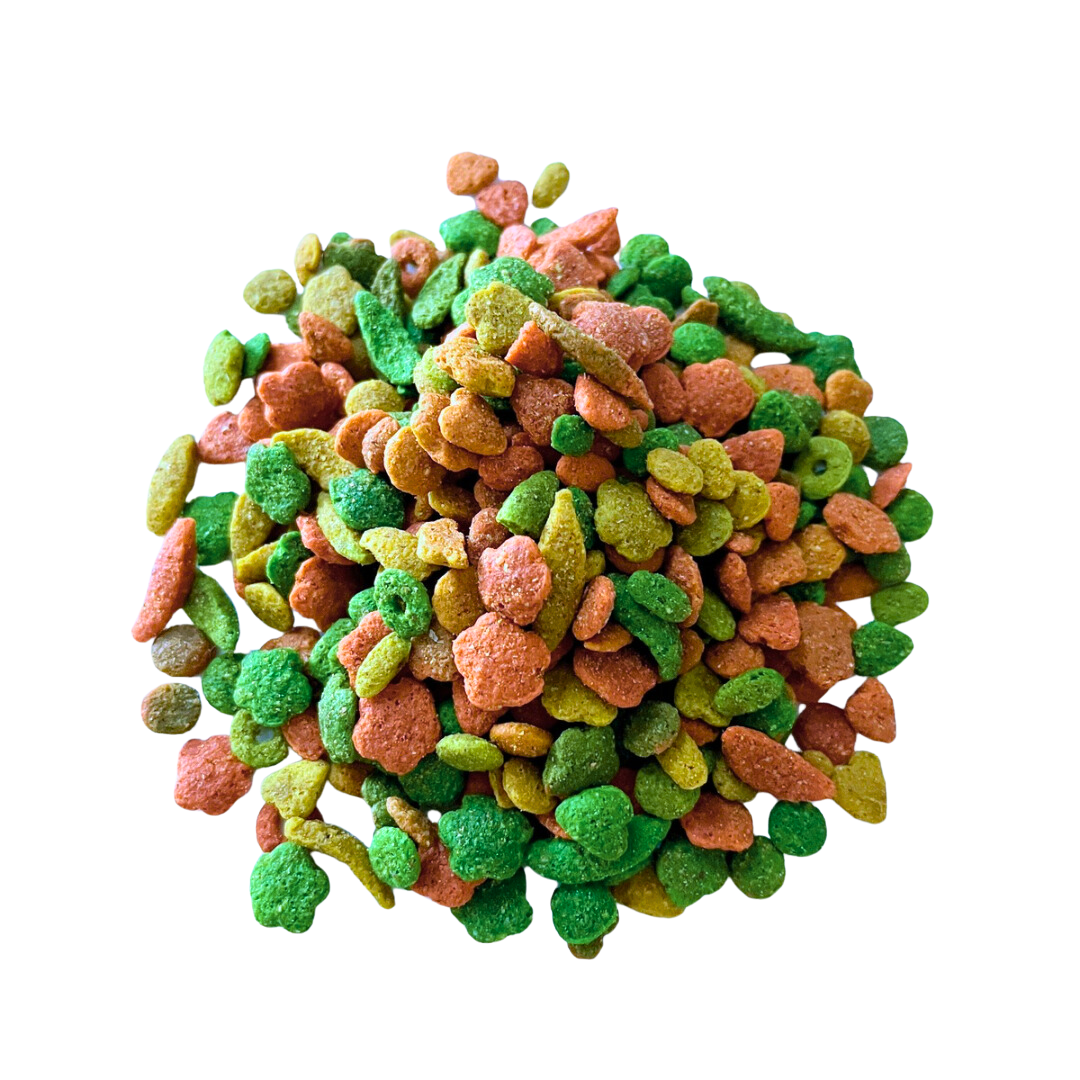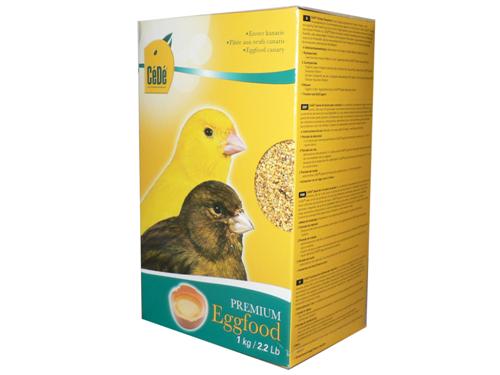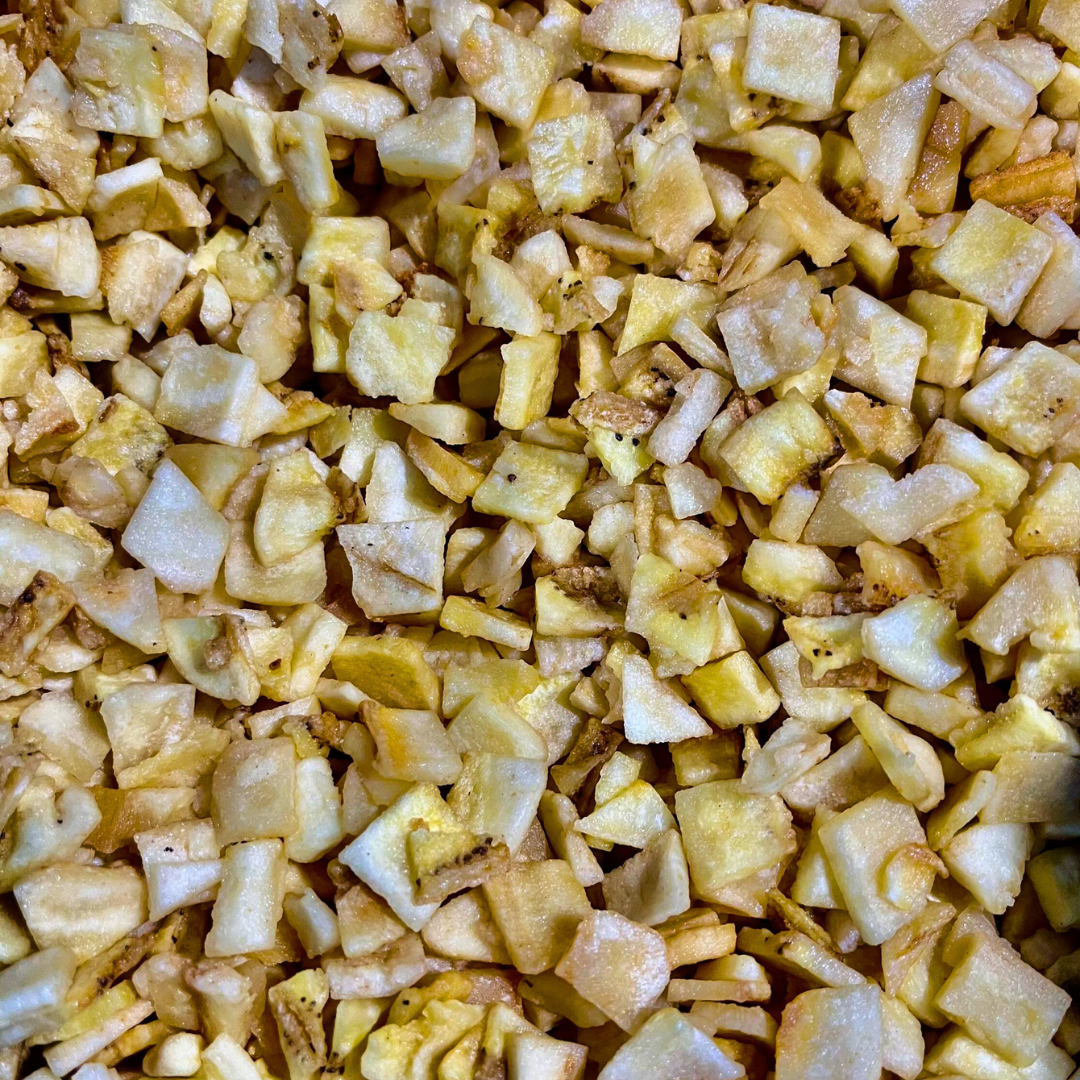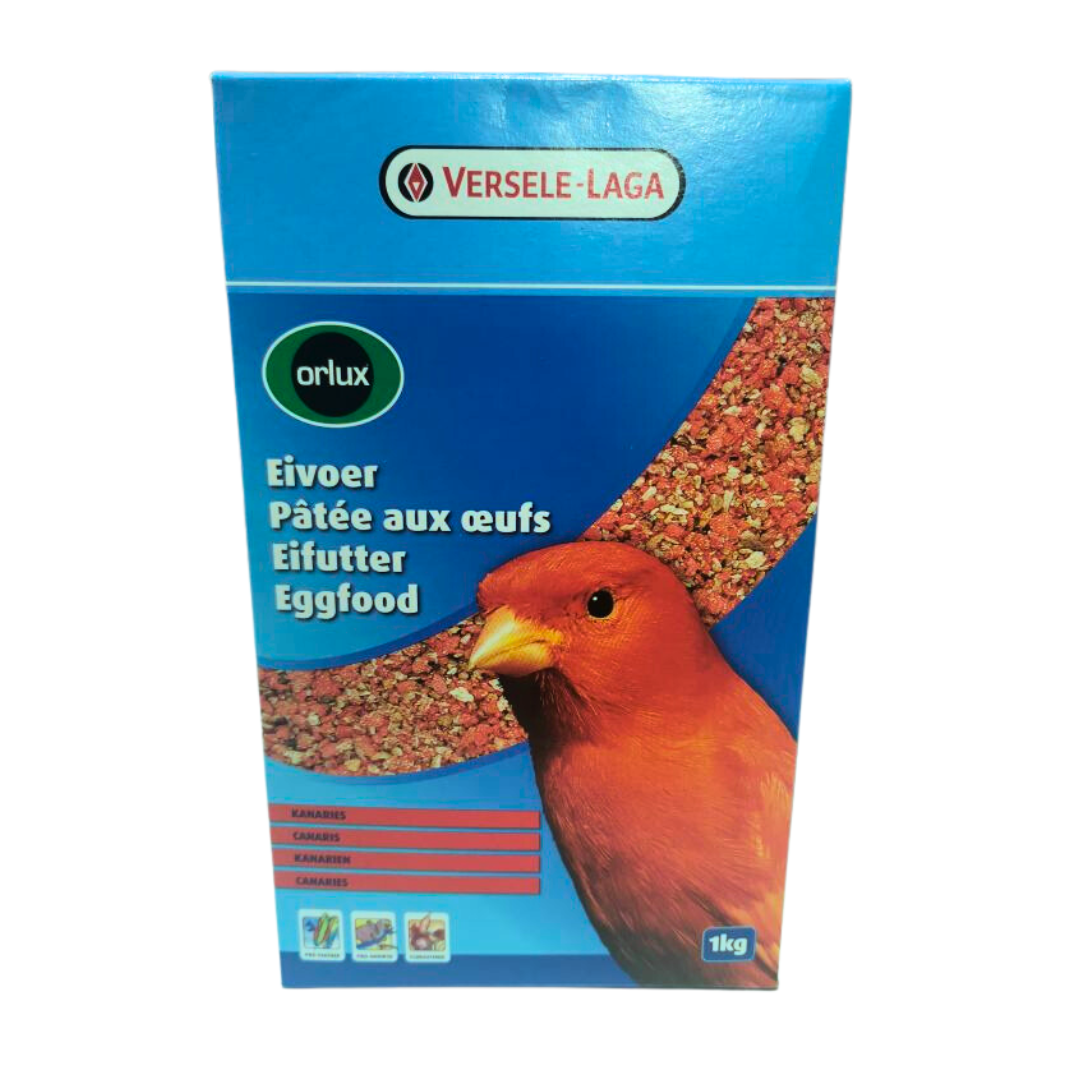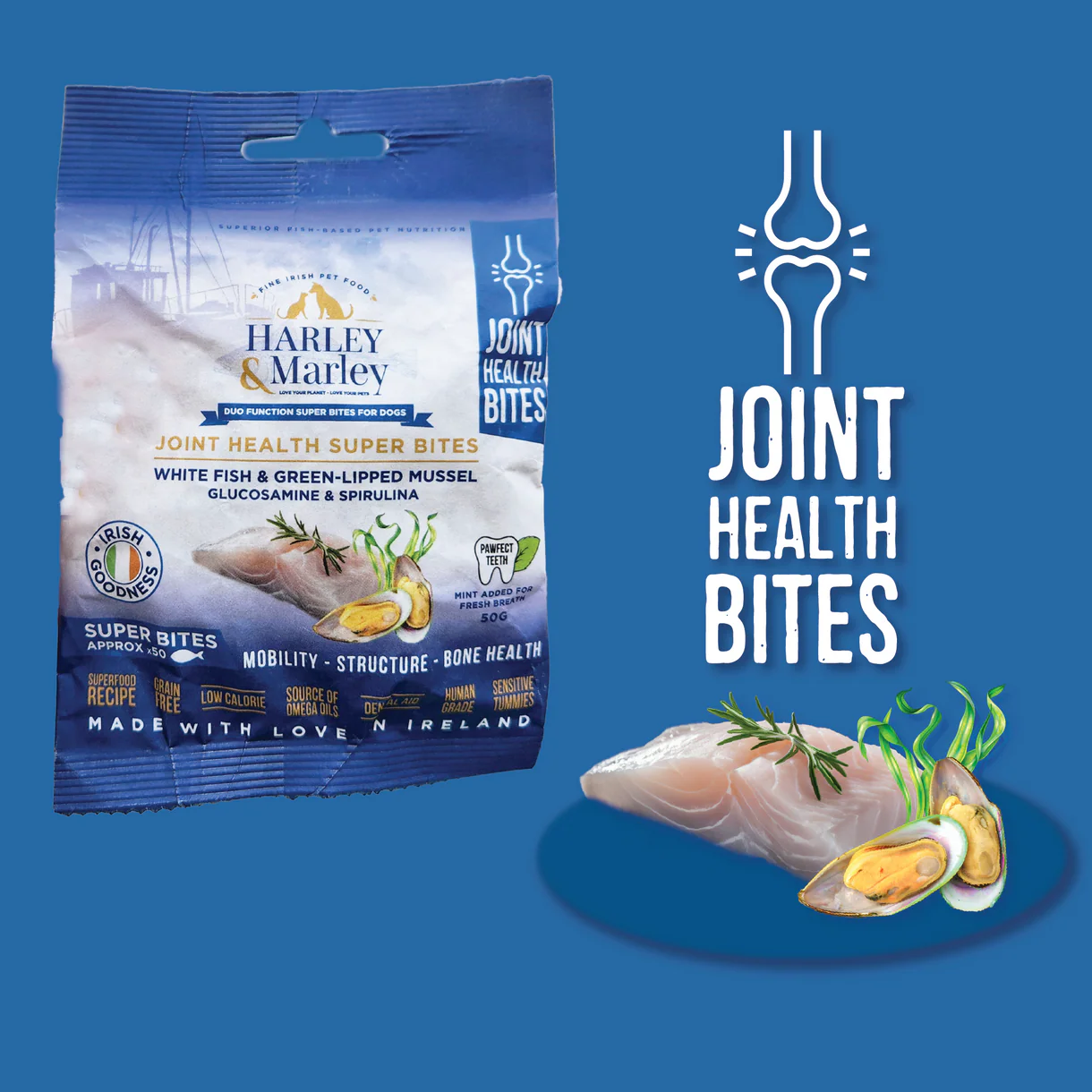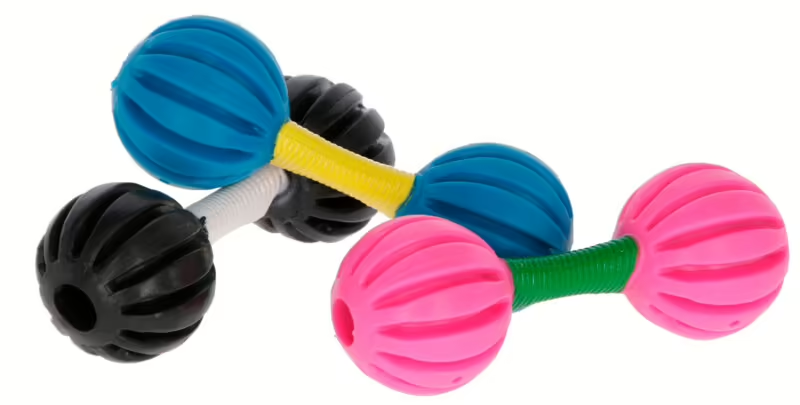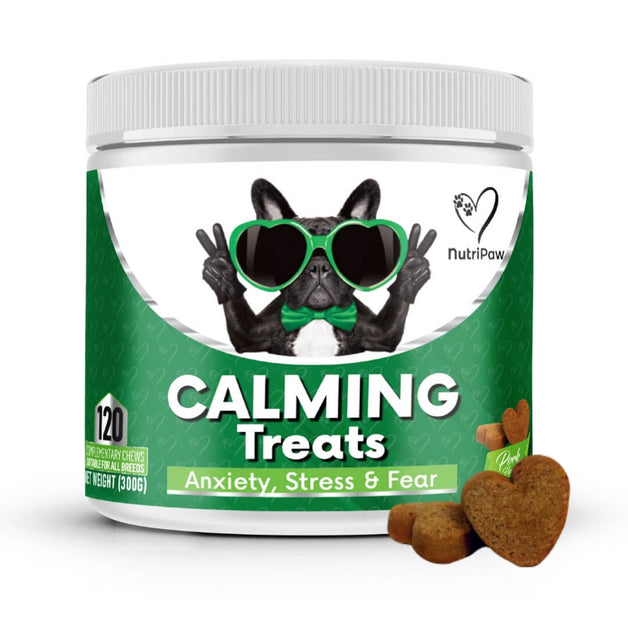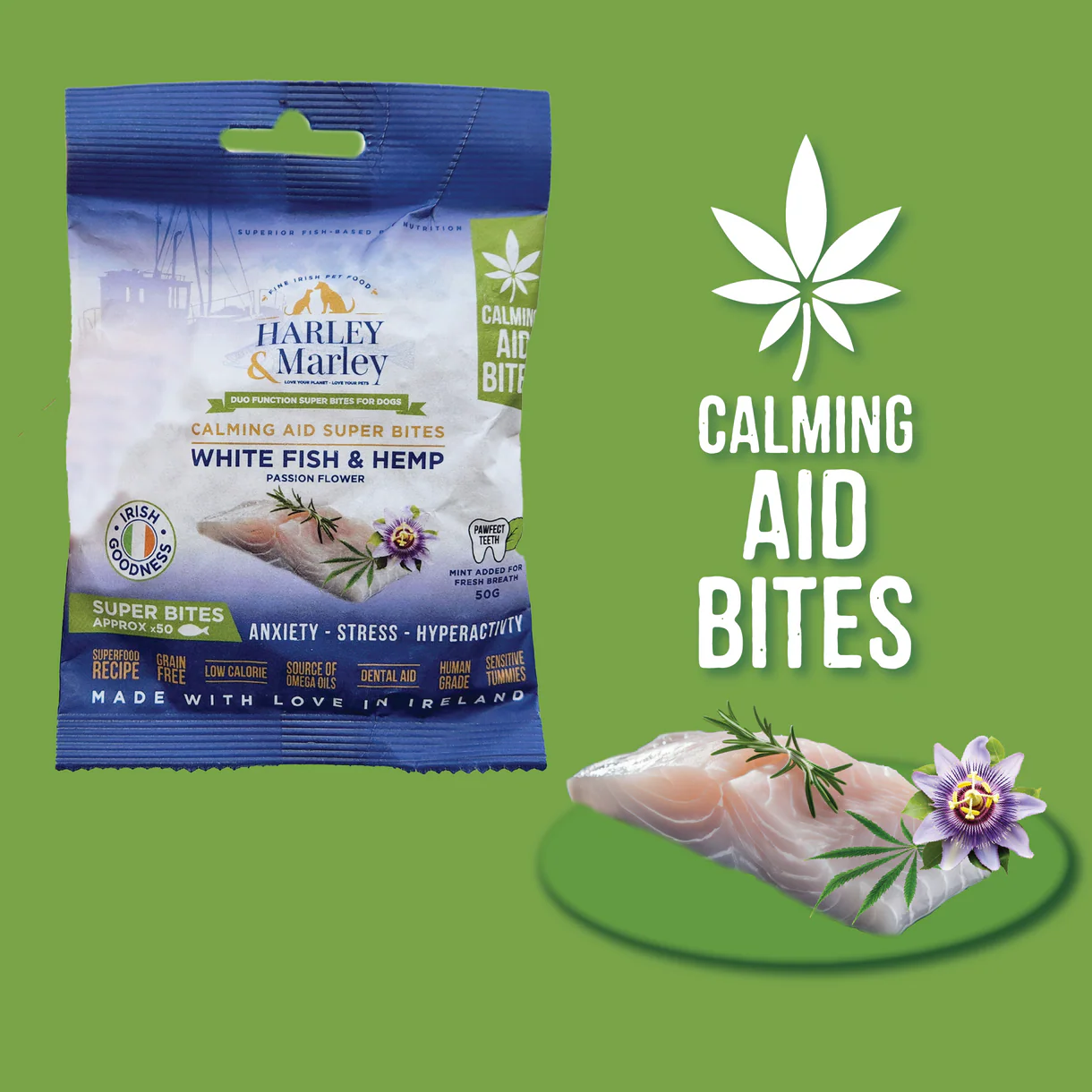Domesticated Bird Food
We offer a wide variety of bird food options to meet the specific dietary needs of different bird species, from seed blends to pellet mixes and more.
Showing all 17 resultsSorted by popularity
Look What's New

Your questions answered (FAQs)
To keep your birds healthy, you should avoid giving them foods that contain chocolate, avocado, alcohol, caffeine, excessive salt, and sugary ingredients. These substances can be toxic to birds and cause various health problems such as vomiting, diarrhoea, and dehydration.
A high-quality bird food should have a balanced mix of seeds, grains, fruits, and vegetables that are appropriate for your specific type of bird. Always read the ingredients list on bird food products carefully.
To keep bird food fresh, store it in a cool, dry, and dark place in an airtight container away from moisture and pests. Use it within the expiration date mentioned on the package and consider storing it in smaller portions to minimise exposure to air and moisture.
As a general guideline, domesticated birds should have access to fresh food and water at all times for their mental and physical wellbeing. You can provide a consistent amount of food each day or feed your bird multiple small meals throughout the day.
For small birds, a teaspoon to a tablespoon of food per day is usually sufficient. Larger birds may require more food, and it’s important to monitor their weight to ensure they are not becoming overweight or underweight. It’s also recommended to provide a variety of foods, including seeds, pellets, fruits, and vegetables, to meet their nutritional needs. You can also swap out some of the food for bird treats instead.
If you also love wild birds, you should check out our wide range of wild bird food and feeders.
There are several signs that your bird may not be getting the right nutrition from their current diet. These include:
- Changes in weight
- Dull or discoloured feathers
- Decreased energy
- Poor muscle development
- Changes in behaviour
- Dental problems
If your bird exhibits any of these symptoms, it’s recommended you book in with your veterinarian.
Our most popular bird products include:


